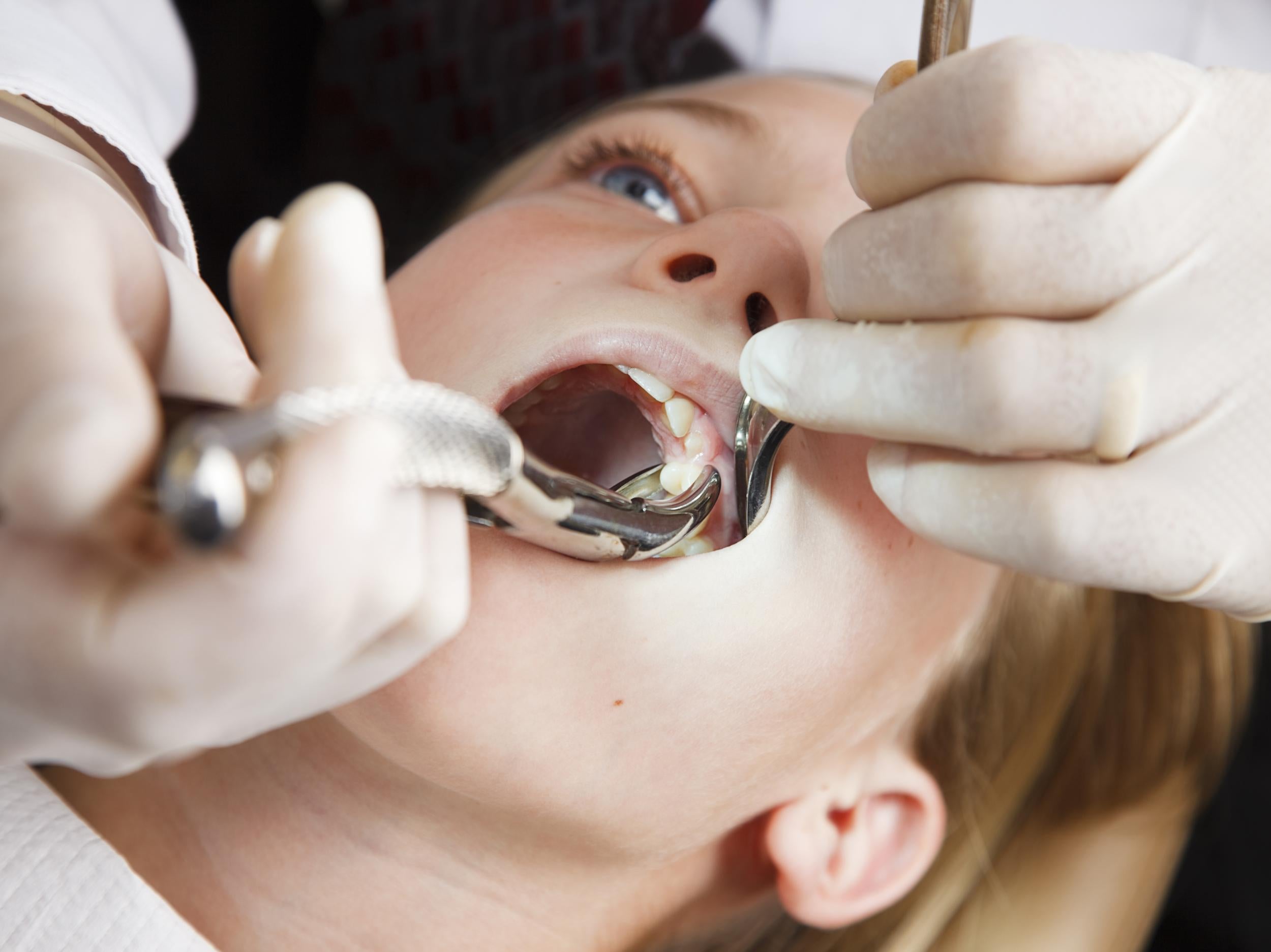Mothers who don’t brush their teeth pass bad hygiene onto children
An analysis found women with high levels of dental plaque were more likely to transfer the fungus to their children

Tooth decay is much more likely to be passed down to children if their mother’s dental hygiene is poor, a new study has suggested.
Women with high levels of dental plaque were eight times more likely to transfer the fungus to their children, compared to those with cleaner teeth.
The latest study examined the fungus Candida auris, which can spread easily through close contact, as well as other types of DNA found in the mouths of infants under the age of two.
Researchers from Kuwait and the United States looked at 160 pairs of mothers and children and found that in 94 per cent of the cases where both had Candida albicans in their mouths, the two had “highly genetically related strains”.
The study, which was published in the journal PLOS One, showed a “strong maternal influence on children’s C. albicans acquistion”, and suggested the key risk factor was the “mother’s oral hygiene”.
Mothers with more dental plaque had a “significantly increased risk of transmitting C. albicans to their infants”, with the study also finding that black children and those who attend daycare had an elevated risk.
In 2019, a survey of British five-year-olds found that almost 25 per cent had tooth decay, with each child having an average of three to four teeth affected.
In a similar survey of three-year-olds, 11 per cent had visible tooth decay with an average of three teeth affected.
It is currently believed that around 46 per cent of healthy infants and 69 per cent of healthy adults have some trace of fungus in their motuhs, with previous studies showing that babies who are exclusively brestfed are less likely to have the microbes.
Researches have said it is important to offer mothers “oral health education programmes” during pregnancy and after giving birth, because it “may prove valuable in preventing fungal transmission in early pregnancy”.
Subscribe to Independent Premium to bookmark this article
Want to bookmark your favourite articles and stories to read or reference later? Start your Independent Premium subscription today.

Join our commenting forum
Join thought-provoking conversations, follow other Independent readers and see their replies